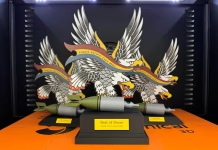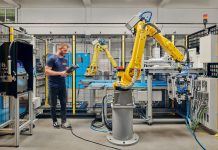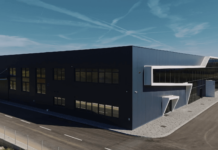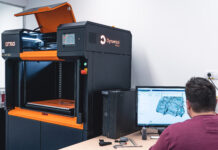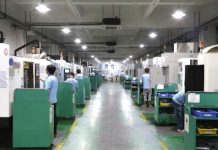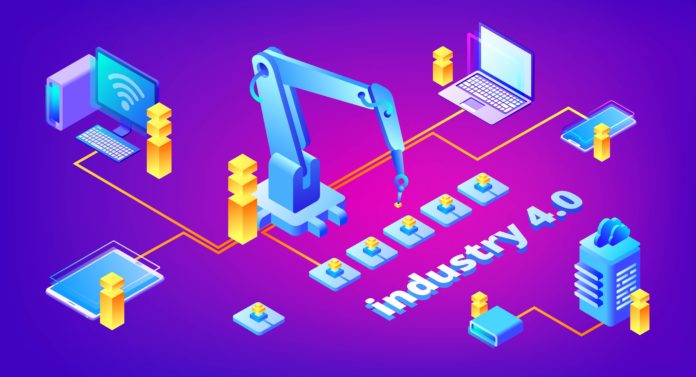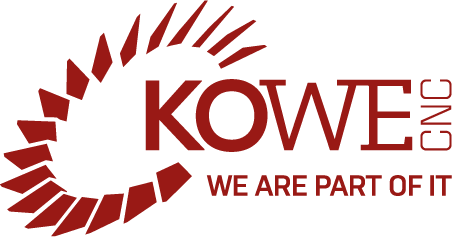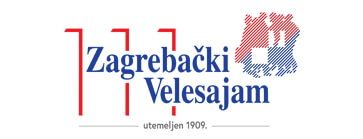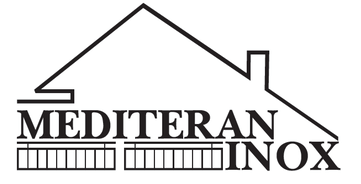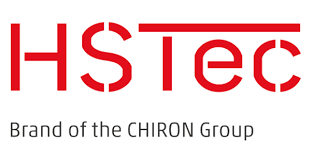The next-gen factories will be far more superior compared to the current ones with the adoption of high speed 5G connectivity. With this in mind, global organisations are exploring the idea of making their factories more efficient, reliable and more productive in the long run.
High speed internet has become an essential part of our lives today. Be it ordering food online, tuning in to our favourite movies, video conferencing with our friends and relatives from across the globe, or even conducting business meetings on Skype, we are surrounded by the internet, more precisely by the 4G network. According to OpenSignal, a company that specialises in wireless coverage mapping, Singapore tops the list in terms of fastest downloads on 4G with 44 mbps. This is followed by the Netherlands at 42 mbps and Norway at 41 mbps. Occupying the fourth and fifth spot is South Korea with 40 mbps and Hungary with 39 mbps respectively.
Smart factories
On an industrial scale, where everyone is talking about smart factories, high speed internet becomes all the more necessary. It is in these smart factories that technologies such as Industrial Internet of Things (IIoT), automation, artificial intelligence (AI) and augmented reality for troubleshooting will be extensively used and any error or delay in the production process owing to the internet can cause loss in production, time as well as money. That is why in today’s digitally evolving market, industry players are rooting for the introduction of 5G network services.

5G projects
Numerous countries have already got the ball rolling. For instance, Samsung and the telecommunications company, AT&T are developing America’s First 5G Manufacturing ‘Innovation Zone’ in Texas. The new zone aims to offer crucial insight into how smart manufacturing can evolve and strengthen the industry at large.
In Germany, the automobile manufacturer Audi has joined hands with Ericsson to trial a 5G network for automated car component manufacturing at a simulated production plant in Gaimersheim, Germany. More recently, UK has also undertaken its first live 5G factory trial with an objective to test new Internet of Things (IoT) applications in order to improve manufacturing productivity. The tech companies involved in this project include Huawei, O2 and BT. The South Korean Government has also recently announced its plan to develop a 5G smart factory alliance with 19 organisations including SK Telecom, Samsung Electronics, Microsoft Korea, Ericsson-LG and Siemens Korea, among others.
Smart factory with 5G
The core focus of all these projects is to boost production and manage the large amount of data derived from the above mentioned advanced technologies via the adoption of 5G. Manufacturers will also be able to get a better insight into the supply chain by connecting more sensors, devices and assets through a single network. The implementation of 5G will also enable the smart factory to explore the full potential of industrial robots installed on the shop floor.
Artificial Intelligence also requires large amounts of near real-time, quality data to work efficiently. With the adoption of 5G along with impressive IoT connections, AI can quickly learn from its mistakes and make smarter, faster and more reliable decisions.
With 5G trending in the industry, Hannover Messe, the global trade fair for industrial technology will be highlighting it as an important topic at the popular show. Hannover Messe is expected to be held from 1-5 April 2019 in Hanover, Germany.

